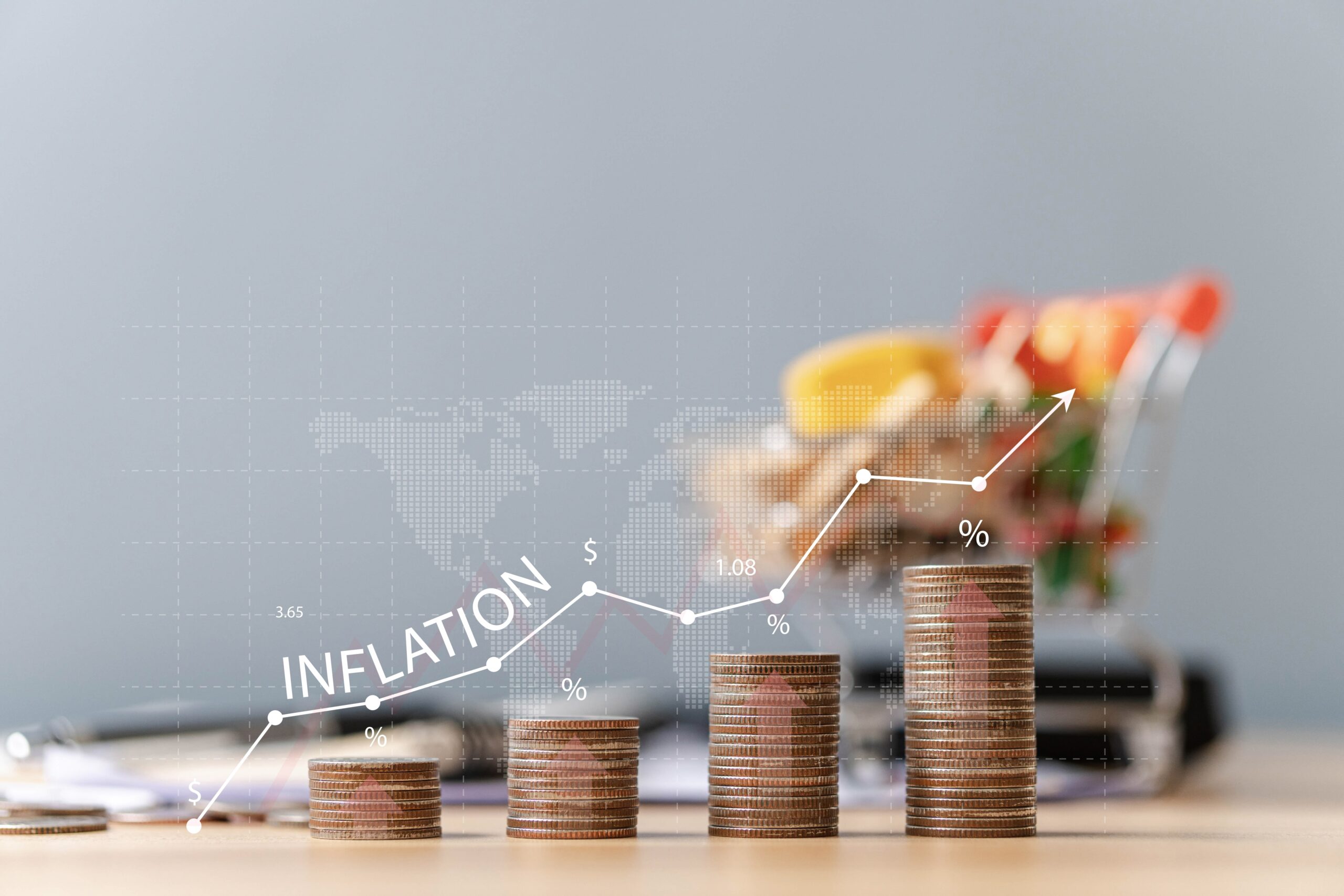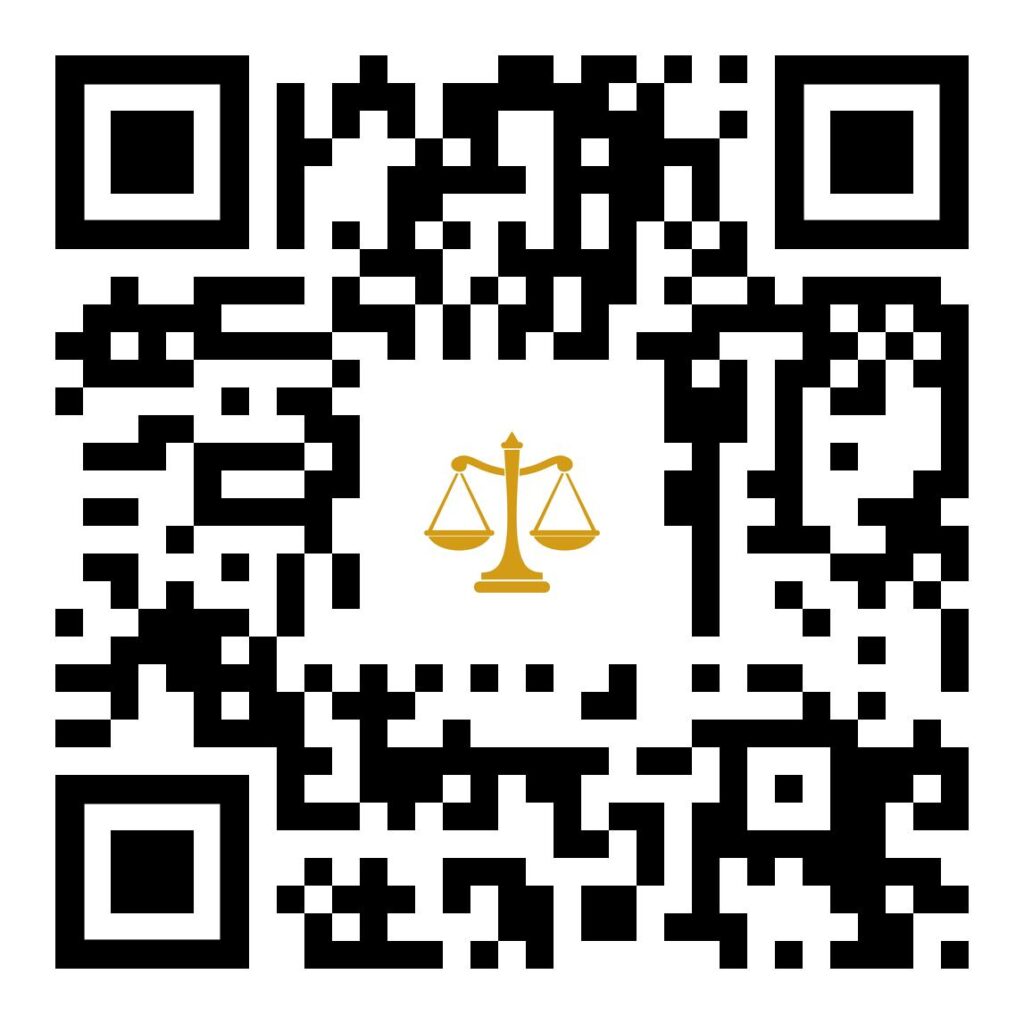Property taxes are an essential source of revenue for local governments and schools and play a crucial role in funding public services and infrastructure. However, property taxes are not static and fluctuate based on various economic conditions. Understanding these economic factors is essential for property owners, investors, and policymakers. This article explores different economic conditions that can affect property taxes.
Real Estate Market
The state of the real estate market has a significant impact on property taxes. During periods of economic growth, property values tend to rise, leading to higher property assessments and increased tax revenue. Conversely, property values may decrease in economic decline or housing market crashes, resulting in lower property assessments and potentially reduced tax obligations.
Inflation
Inflation can influence property taxes in multiple ways. As prices rise due to inflation, construction materials, labor, and maintenance costs increase. Consequently, local governments may raise property tax rates (usually requiring voter approval) to compensate for these higher costs. Inflation can also affect a property’s assessed value over time, potentially leading to higher property tax assessments.
Unemployment and Income Levels
Economic conditions, particularly unemployment rates and income levels within a community, can indirectly impact property taxes. During high unemployment, homeowners may struggle to pay their property taxes, increasing the burden on local governments. Local authorities may consider asking voters to raise property tax rates to compensate for potential revenue shortfalls. Conversely, robust employment rates and higher income levels can contribute to increased property values and, consequently, higher property tax assessments.
Government Budgetary Needs
Local governments’ overall fiscal health and budgetary requirements can influence property taxes. When municipalities face budget deficits or require additional funds for public services, infrastructure development, or education, they may raise property tax rates to generate the necessary revenue. On the other hand, if government budgets are well-managed and expenditures are efficiently allocated, property tax rates may remain stable or even decrease.
State and Local Tax Policies
Tax policies implemented at the state and local levels can significantly impact property taxes. Some jurisdictions have a cap on property tax increases, which limits how much property taxes can rise each year, regardless of economic conditions. Additionally, tax exemptions, abatements, and assessment practices vary across regions, influencing the amount of property tax owed. Understanding the tax policies specific to a locality is essential for property owners to anticipate and plan for potential changes in property taxes.
Property taxes are subject to various economic conditions, including the state of the real estate market, inflation, employment rates, income levels, government budgetary needs, and tax policies. These factors can lead to fluctuations in property tax rates and assessments. Property owners, investors, and policymakers should stay informed about these economic conditions to make informed decisions and adapt to potential changes in property tax obligations. By understanding the relationship between economic conditions and property taxes, individuals can better navigate the complexities of property ownership and taxation.




